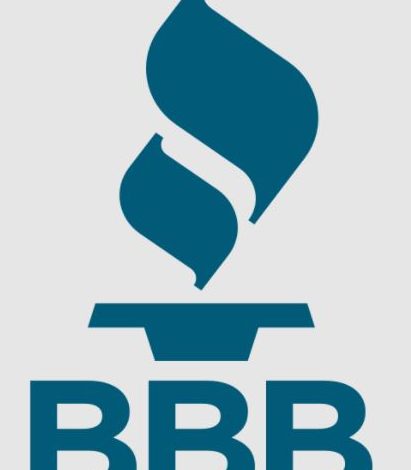BBB Scam Alert: Be aware of sports streaming scams

(BBB) — It used to be that you had to go to the stadium to root on your local high school athletic team. However, the COVID-19 pandemic changed that. With schools forced to restrict entry to events, they turned to online streaming of games so that people could watch from the comfort of their living rooms.
While many attendance restrictions have been lifted, schools are still streaming games. Unfortunately, the scammers have followed. The scammers’ goal is to capture personal information, including credit card and Social Security numbers, as fans log in to watch their team play.
Listen to Better Business Bureau Regional Director Whitney Quick or read about it below:
How the scam works
You want to watch the local high school’s football game, or your niece’s travel softball team is playing in a tournament out of state. You search on social media to find a link where the game might be streamed, and sure enough, a fan has put in a link where you can go to watch for free! It’s almost time for the game to start, so you eagerly click the link. The next screen asks you to sign up for the streaming service, so you enter your name and email… and then you get asked for a credit card number and potentially more sensitive information. Are you seeing red flags yet?
These scammers infiltrate social media with links to fake streams. The posts often will tag the schools which are involved in order to make the post appear legitimate. The scammers hope the would-be viewer inputs their information and pays to watch the event. The consumer doesn’t get to watch the game because the scammer has not set up a stream. Instead, whatever data they entered may be compromised.
As a new school year begins, Better Business Bureau® (BBB®) reminds consumers to do their research when looking to watch a high school sporting event online.
“Fans need to remain diligent in where and how they find the stream of a high school contest,” Matt Troha, an Assistant Executive Director with the Illinois High School Association, told BBB.
Troha said fake streaming links posted to social media lure unsuspecting fans.
“On Twitter especially, take notice of account names and photos, which often seem to be random, and look at their follower and following numbers,” Troha said. “Low follower counts indicate the account likely was just started. Look at the content of their posts as most are nothing but tweets to stream games.”
Last year, state associations that oversee high school athletics in New Mexico, Indiana, and North Carolina issued warnings about the fake streams.
“If you want to watch a specific school’s game online, check with the school to see if it has streaming options available,” said Michelle L. Corey, president and CEO of the BBB office in St. Louis. “While many schools do offer live streaming now, there are others who do not.”
BBB offers these tips on how to stay safe online:
- Research any website before paying any money or entering any information. Check the company’s BBB Business Profile at BBB.org.
- Pay by credit card whenever possible in case you need to challenge the payment.
- Check a site’s security settings. If the site is secure, its URL (web address) should start with “HTTPS://.” You may also see a picture of a small closed lock in the screen’s lower right-hand corner.
- Be cautious before clicking through to links included in social media posts, unsolicited text messages, or emails. Clicking on unfamiliar links can place you at risk for malware or identity theft.
- See more online shopping tips.
More information
Check out BBB’s Social Media Scams page for more examples of scammers that lurk on social channels.
The BBB in St. Louis contributed this article.



